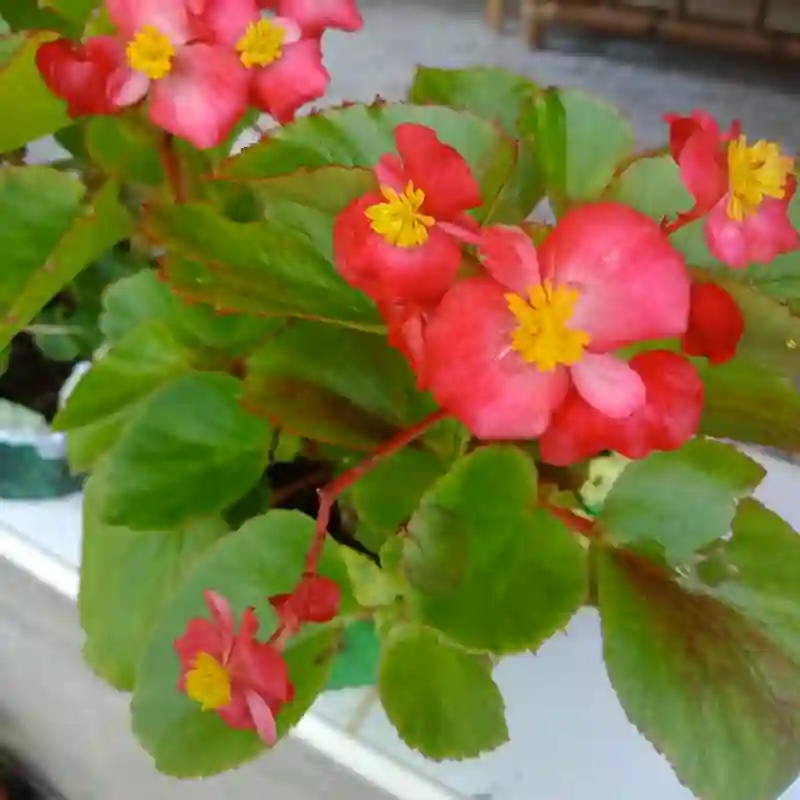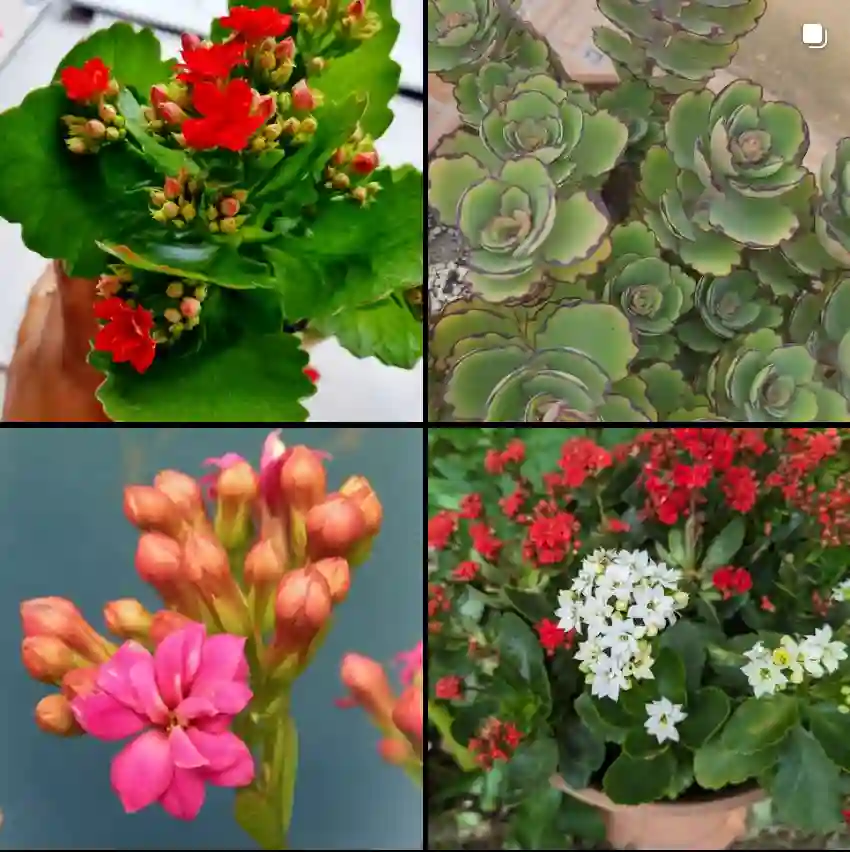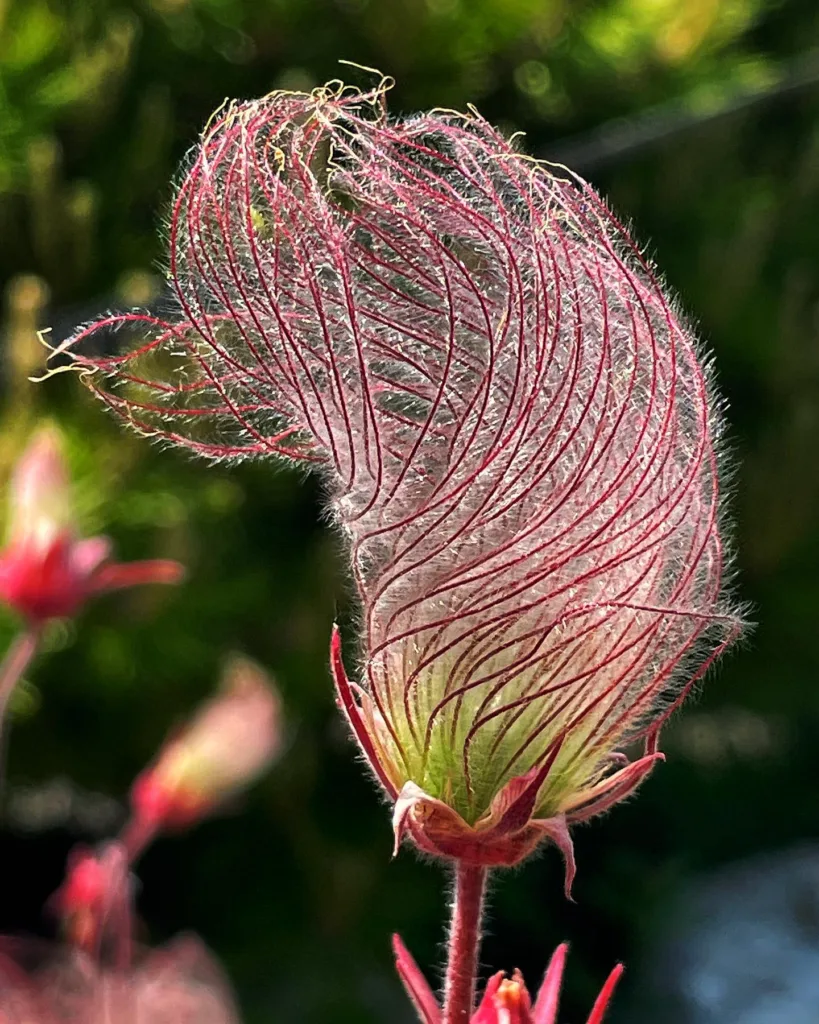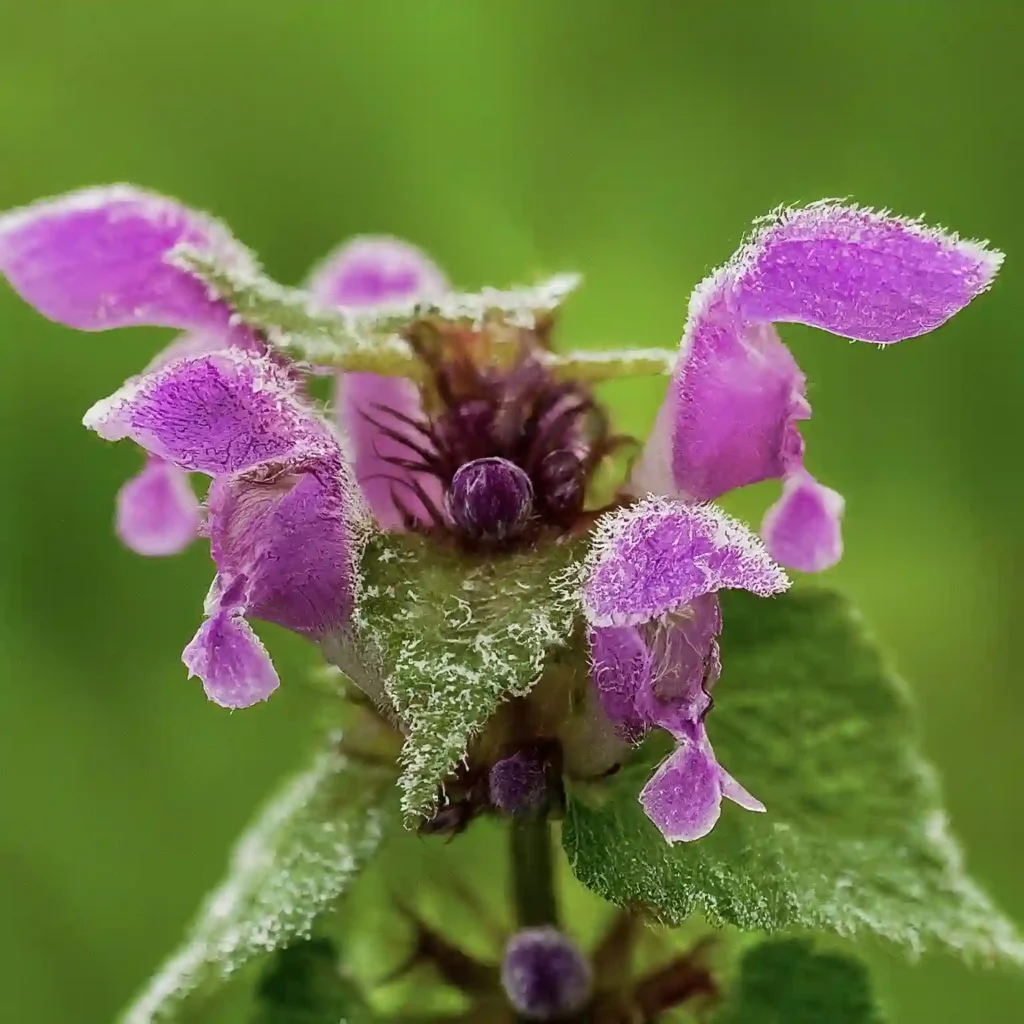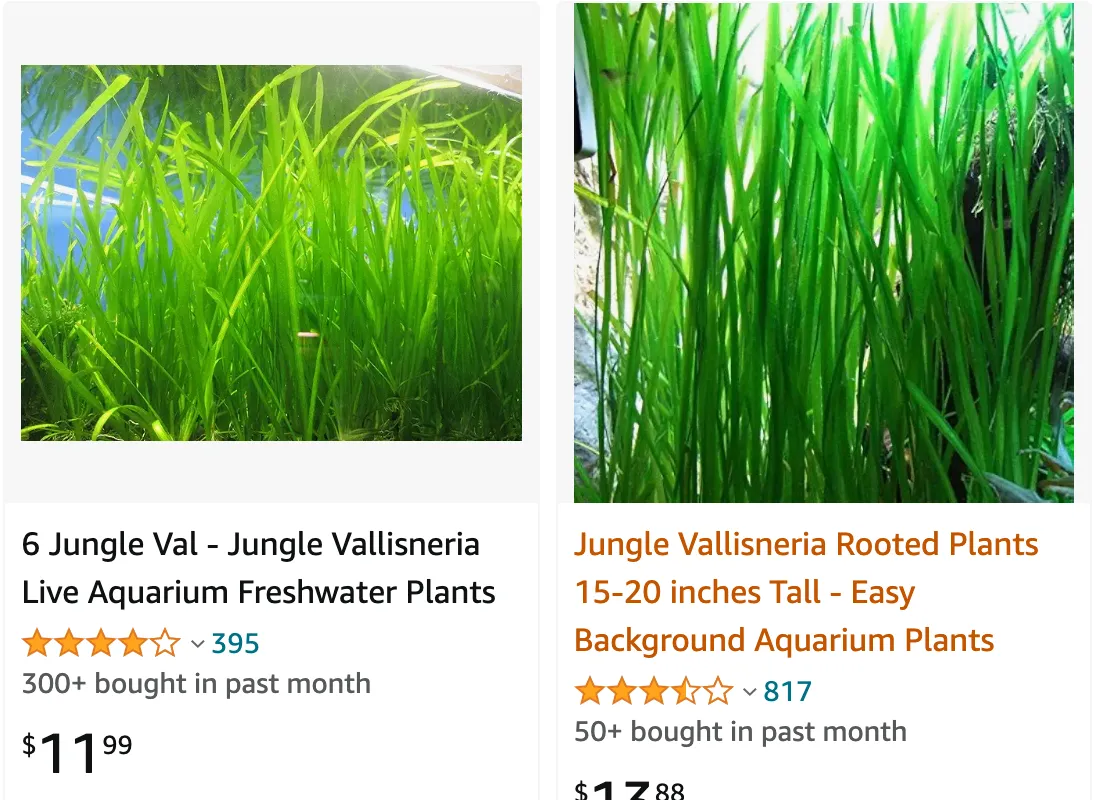
Exploring the World of Jungle Vallisneria
Vallisneria Americana – Jungle Vallisneria, often called tapegrass or eelgrass, has become a star player in my pond. Its lush, ribbon-like leaves swaying in the current create an underwater ballet, adding a touch of elegance and natural filtration to my little aquatic world. But beyond the aesthetics, Vallisneria Americana has proven to be a resilient and adaptable plant, thriving with minimal fuss.
Vallisneria Americana vs Spiralis
I’ve noticed that Vallisneria Americana grows much faster in my tank compared to Spiralis, creating a lush, underwater forest effect with its long, waving leaves.
17 Species in Genus Vallisneria
How to Grow Jungle Vallisneria?
Before diving into the specifics of caring for Jungle Vallisneria, it’s essential to understand how to cultivate this aquatic plant successfully. Jungle Vallisneria thrives in aquariums with ample lighting and nutrient-rich substrate. When planting, ensure that the roots are firmly anchored in the substrate, allowing the leaves to reach towards the light. Regular pruning of dead or decaying leaves helps maintain its vibrant appearance and prevents overcrowding.
How to Trim Jungle Vallisneria?
Trimming Jungle Vallisneria is a straightforward process. Using sharp scissors, carefully trim any yellowing or damaged leaves close to the base of the plant. It’s essential to avoid cutting too close to the crown, as this can damage the plant and impede growth. Regular trimming encourages new growth and prevents the plant from becoming overgrown, ensuring a healthy and visually appealing aquarium environment.
Do Fish Eat Jungle Vallisneria?
Jungle Vallisneria is generally not a preferred food source for most fish species. However, some herbivorous fish, such as certain species of cichlids and plecos, may nibble on the leaves of Jungle Vallisneria. While occasional grazing is unlikely to cause harm to the plant, excessive consumption can damage its foliage. Providing alternative sources of vegetation and ensuring a well-balanced diet for herbivorous fish can help mitigate any potential damage to Jungle Vallisneria.
What is the Nutrition in Jungle Vallisneria Americana?
Jungle Vallisneria is rich in essential nutrients that contribute to the overall health of aquarium ecosystems. It absorbs nutrients primarily through its roots and leaves, acting as a natural water purifier by removing excess nitrates and other pollutants. Additionally, Jungle Vallisneria serves as a habitat for beneficial microorganisms, further enhancing water quality. Its nutritional value makes it an invaluable addition to any aquascape, promoting the well-being of both aquatic flora and fauna.
What is the Protein Content in Jungle Vallisneria?
While Jungle Vallisneria does contain trace amounts of protein, it is not a significant source of this macronutrient. Protein plays a vital role in the growth and development of aquatic organisms, but most fish obtain protein from other sources, such as live or commercial food. However, Jungle Vallisneria indirectly supports protein production by providing a habitat for small invertebrates and microorganisms, which serve as prey for fish.
What is the Vitamin Content in Jungle Vallisneria?
Jungle Vallisneria contains various vitamins essential for the health and vitality of aquarium inhabitants. These vitamins include vitamin C, which boosts immune function, and vitamin K, which aids in blood clotting and calcium metabolism. Additionally, Jungle Vallisneria contains B vitamins, which play a crucial role in energy metabolism and overall cellular function. Incorporating Jungle Vallisneria into your aquarium not only enhances its aesthetic appeal but also contributes to the well-being of your aquatic ecosystem.
In conclusion, Jungle Vallisneria is a versatile and beneficial addition to any aquarium setup. Its ease of care, aesthetic appeal, and nutritional value make it a favorite among aquarists worldwide. By understanding how to properly cultivate and maintain Jungle Vallisneria, you can create a thriving aquatic environment that fosters the health and happiness of your fish and plants alike.
If i die, water my plants!
